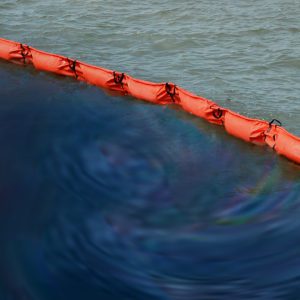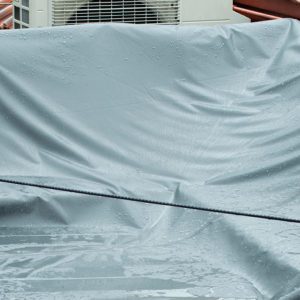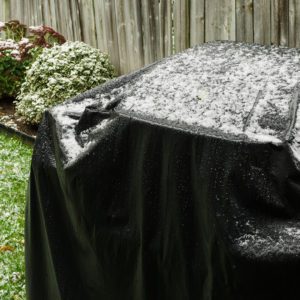What is Proposition 65?
Proposition 65 is a California law that requires businesses to provide warnings to Californians about significant exposures to chemicals that cause cancer, birth defects, or other reproductive harm. Created in 1986, Prop 65 also prohibits California businesses from knowingly discharging significant amounts of listed chemicals into sources of drinking water.
The purpose of this law is so Californians can make informed decisions about their possible exposure to chemicals. These chemicals can be in the products that Californians purchase, in their homes or workplace, or released into the environment.
Prop 65’s official name is The Safe Drinking Water and Toxic Enforcement Act of 1986. Prop 65 requires California to publish a list of chemicals known to cause cancer, birth defects, or other reproductive harm. This list is updated at least once a year. Currently, there are 900 chemicals on the Prop 65 list. These include additives/ingredients in pesticides, common household products, food, drugs, dyes, or solvents. The chemicals listed may also be used in manufacturing, construction, or be byproducts of chemical processes (like motor vehicle exhaust).
What does the Prop 65 warning mean?
If a warning is placed on a product label or posted or distributed at a workplace, a business, or in rental housing, the business issuing the warning is aware or believes that it is exposing individuals to one or more listed chemicals. By law, a warning must be given for listed chemicals unless the exposure is low enough to pose no significant risk of cancer or is significantly below levels observed to cause birth defects or other reproductive harm.
How are chemicals placed on the Prop 65 list?
Chemicals that have been recognized by the World Health Organization (WHO) as causing cancer in humans and lab animals (in the Labor Code) are placed on the list.
State Qualified Experts (SQE) can add them. These experts meet annually to discuss cancer/birth defects/reproductive harm. There are two main committees: Carcinogen Identification Committee (CIC) and Developmental and Reproductive Toxicant Identification Committee (DARTIC).
Authoritative Bodies (AB) like the CIC, DARTIC, FDA, National Toxicology Program, etc. can formally identify a chemical that can be added to the list.
State and Local Agencies might formally require a chemical to be added to the list.
Who adminsters and enforces Prop 65?
The Office of Environmental Health Hazard Assessment (OEHHA) administers the Proposition 65 program. OEHHA, part of the California Environmental Protection Agency (CalEPA), determines in many cases whether chemicals meet the scientific and legal requirements for placement on the Proposition 65 list, and administers regulations that govern warnings and other aspects of Proposition 65.
The California Attorney General’s Office enforces Proposition 65. However, in cities with population over 750,000, the city’s district or city’s attorney may also enforce it.
Penalties for violating Proposition 65 by failing to provide notices can be as high as $2,500 per violation per day.
Businesses with less than 10 people and government agencies are exempt from Prop 65 regulations.



























